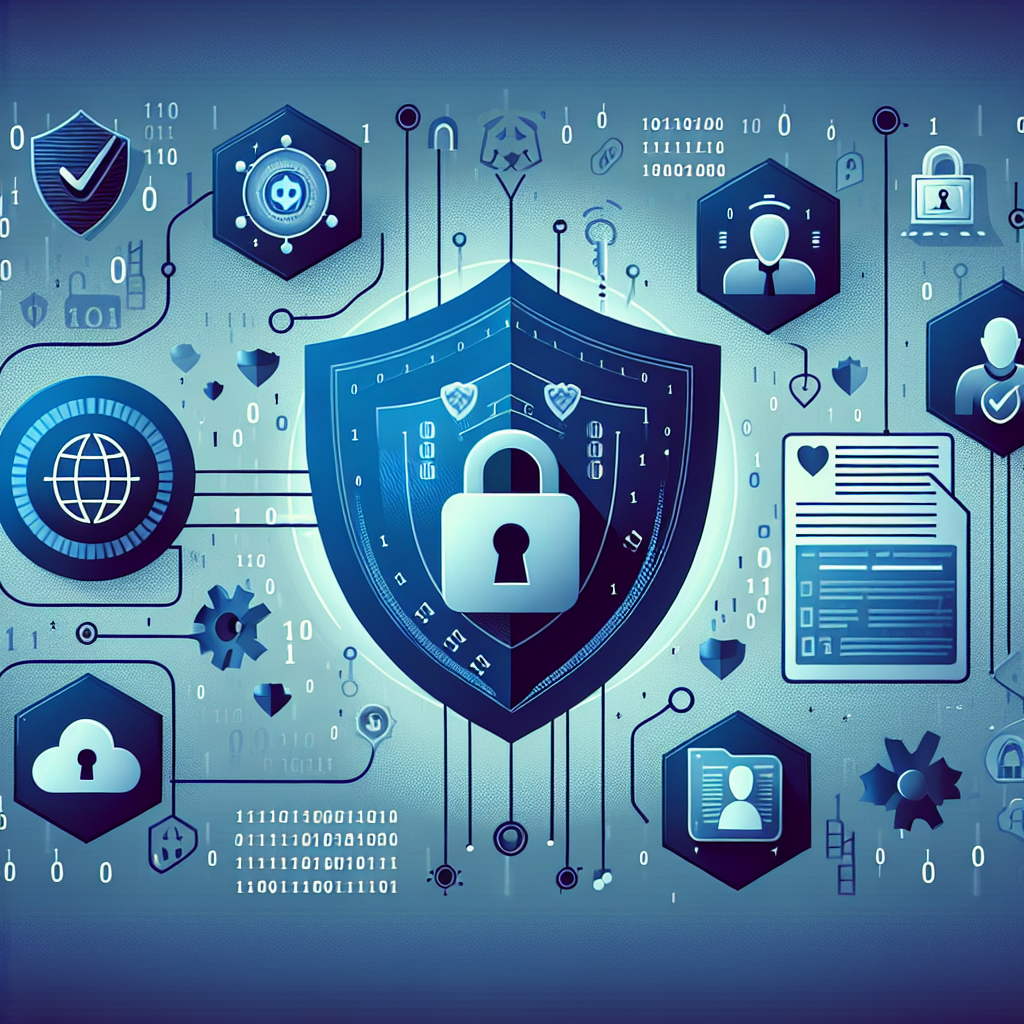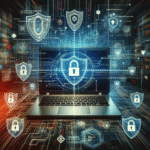In our increasingly interconnected world, the importance of safeguarding personal data has never been more critical. With the rise of cybercrime, data breaches, and privacy infringements, taking proactive measures to protect your personal information has become essential. This article provides a comprehensive overview of key tips to help you secure your personal data online.
Understanding Personal Data
What Constitutes Personal Data?
Personal data encompasses any information that can be used to identify an individual. This includes, but is not limited to:
- Name
- Social Security Number
- Email Address
- Phone Number
- Financial Information
- Medical Records
Why Is Personal Data at Risk?
The proliferation of digital technologies has led to an exponential increase in the collection and storage of personal data. Hackers and malicious entities continually look for vulnerabilities to exploit, making individuals susceptible to data breaches, identity theft, and financial fraud.
Essential Tips for Protecting Your Personal Data
1. Strengthen Your Passwords
- Use Complex Passwords: Aim for at least 12-16 characters combining letters, numbers, and symbols. Avoid easily guessable words.
- Unique Passwords for Different Accounts: Never reuse passwords across multiple sites. A breach on one platform could compromise your accounts on others.
- Consider a Password Manager: These tools can generate and store complex passwords securely.
2. Enable Two-Factor Authentication (2FA)
Two-factor authentication adds an extra layer of security by requiring not only a password but also a second factor (a code sent via SMS or an authentication app) to access accounts. Always enable 2FA where available.
3. Keep Software Updated
Regularly update your operating system, applications, and antivirus software. Updates often include security patches that help protect against the latest vulnerabilities and exploits.
4. Be Cautious with Public Wi-Fi
Using public Wi-Fi can expose your data to potential interception. If you must use it:
- Avoid accessing sensitive accounts (banking, email).
- Use a Virtual Private Network (VPN) to encrypt your data.
5. Practice Safe Browsing
- Secure Websites: Look for HTTPS in the URL, which indicates a secure connection.
- Avoid Clickbait: Do not click on suspicious links in emails or social media that may direct you to compromised websites.
- Use Privacy-Focused Browser Extensions: Consider using ad blockers and privacy tools like Ghostery or Privacy Badger.
6. Review Privacy Settings on Social Media
- Limit Exposure: Regularly review your account settings to control who can see your information. Be cautious about sharing personal details.
- Understand Data Sharing: Familiarize yourself with each platform’s data-sharing policies and settings.
7. Secure Your Devices
- Use Encryption: Encrypt sensitive files and folders on your devices to protect them from unauthorized access.
- Install Security Software: Use reputable antivirus programs to detect and prevent threats.
8. Monitor Your Accounts Regularly
Keep an eye on your bank statements, credit reports, and online accounts for any unauthorized activity. Set alerts for large transactions or changes to your accounts.
9. Be Wary of Phishing Scams
- Recognize the Signs: Phishing attempts often come as emails, texts, or calls that appear legitimate but request sensitive information.
- Verify Sources: Always double-check the sender’s email address or contact the organization directly before providing information or clicking links.
10. Dispose of Personal Information Securely
When you no longer need documents, ensure you dispose of them properly. Shred physical documents containing personal information and use secure deletion software for digital data.
Legal Protections and Resources
Understanding Your Rights
Familiarize yourself with data protection laws applicable in your region, such as:
- General Data Protection Regulation (GDPR) in Europe
- California Consumer Privacy Act (CCPA) in the United States
These laws provide rights regarding your personal information and the ways organizations can use it.
Reporting Data Breaches
If you suspect a breach of your personal data, report it to the appropriate authorities immediately. In the U.S., you can reach out to the Federal Trade Commission (FTC) for guidance.
Conclusion
In the digital age, safeguarding personal data is not a choice but a necessity. By adopting these essential tips, staying informed about cybersecurity threats, and utilizing available resources, individuals can significantly reduce their risk of data breaches and identity theft. Remember, the most effective defense is an informed and vigilant user.
[ad_2]If you’re intrigued by the nuances of data protection, you might find it valuable to explore the concept of cybercrime and understand how it contributes to the vulnerabilities we face. Additionally, delving into the history and impact of data breaches can provide further insights into why securing your personal information is imperative. You may also be interested in learning about Virtual Private Networks (VPNs) and their role in encrypting data, or investigating how internet security has evolved in response to these threats. By staying informed, you can better understand the challenges and proactive measures essential in the digital age.





